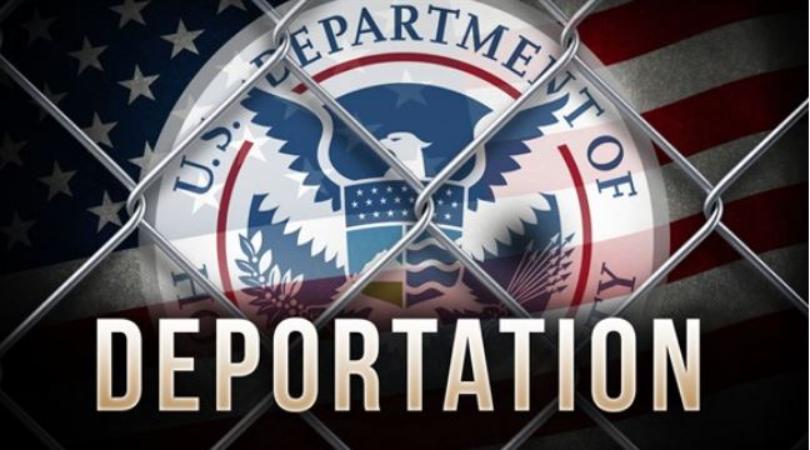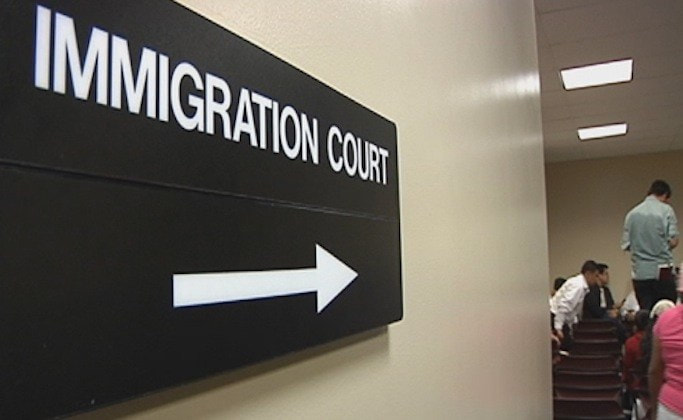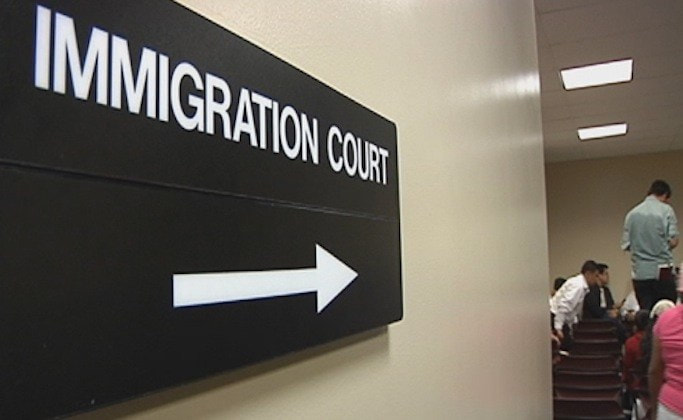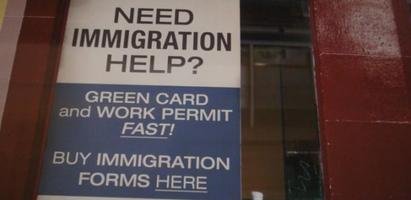The Department of Homeland Security said in a news release that it would also pay for travel assistance — and that people who use an app called CBP Home to tell the government they plan to return home will be “deprioritized” for detention and removal by immigration enforcement.
The DHS said it had already paid for a plane ticket for one migrant to return home to Honduras from Chicago and said more tickets have been booked for this week and next.
"Any illegal alien who uses the CBP Home App to self-deport will also receive a stipend of $1000 dollars, paid after their return to their home country has been confirmed through the app. ....Even with the cost of the stipend, it is projected that the use of CBP Home will decrease the costs of a deportation by around 70 percent. Currently the average cost to arrest, detain, and remove an illegal alien is $17,121. The first use of travel assistance has already proven successful. An illegal alien that the Biden Administration allowed into our country recently utilized the program to receive a ticket for a flight from Chicago to Honduras. Additional tickets have already been booked for this week and the following week. "
It’s often worse for people to leave the country and abandon their case in immigration court, if they’re already in removal proceedings. If migrants are in removal proceedings and don’t show up in court they can automatically get a deportation order and leaving the country usually counts as abandoning many applications for relief including asylum applications.

















 RSS Feed
RSS Feed